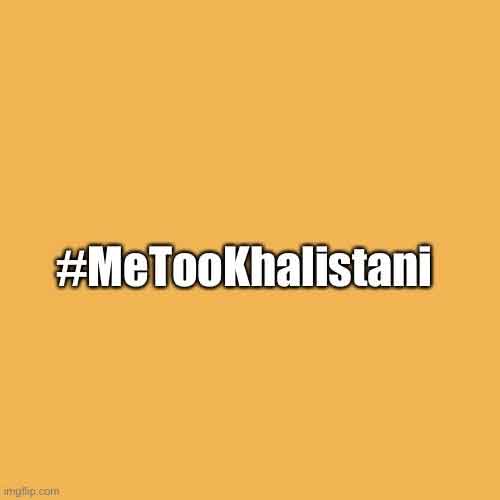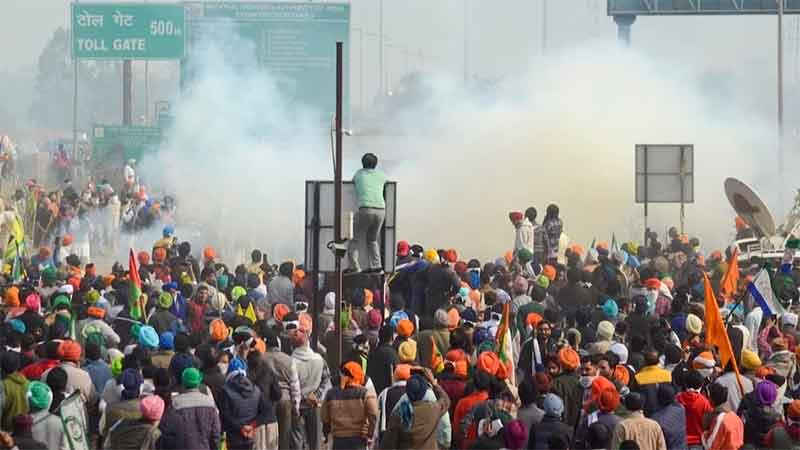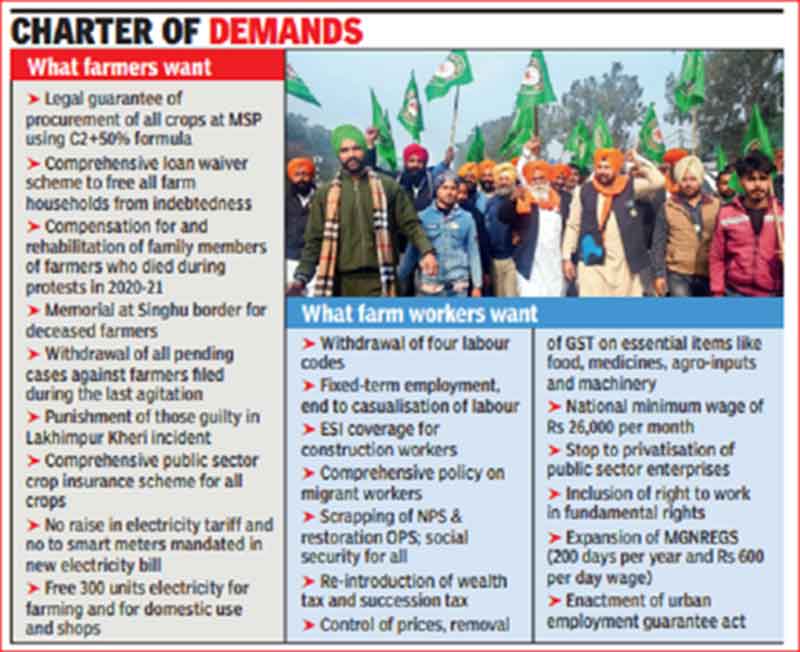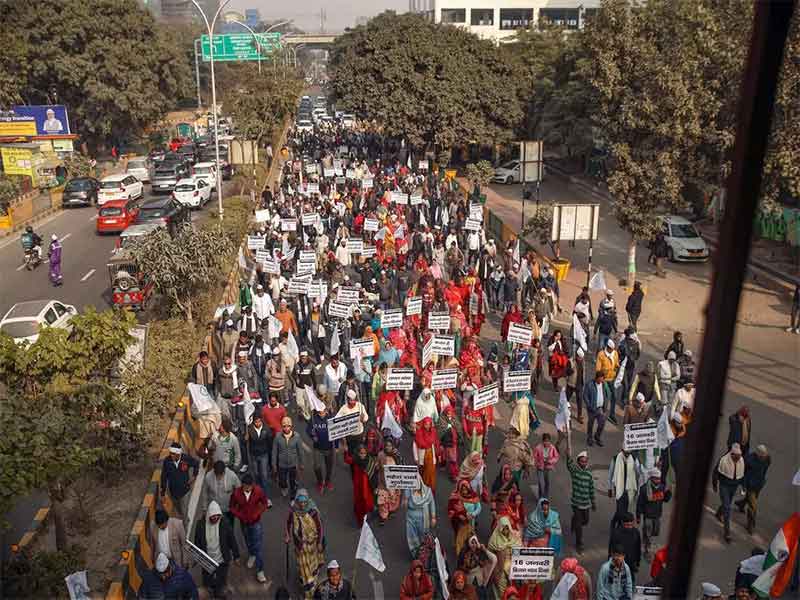
Ever since the Punjab farmers’ agitation has picked up in India, the followers of the currently ruling right wing Hindu nationalist government led by Prime Minister Narendra Modi have started labelling the agitators as separatists.
Since the famers from Punjab are predominantly Sikhs, Modi’s troll army and some of his apologists in Bollywood have begun attacking them on social media, frequently branding them as “Khalistanis” or those seeking a separate Sikh homeland of Khalistan.
The armed struggle for an imaginary Khalistan to be carved out of Punjab left thousands of people dead between the mid-1980s to mid-1990s. The movement was the result of the state repression of Sikhs who were merely asking for political autonomy and several economic and religious concessions. The situation was allowed to escalate, and turned violent; the Khalistan demand, which was never popular among the Sikhs, gradually gained momentum until it was ended brutally by the police, which were given extra-judicial powers by the government to suppress it.
It partly fizzled out because the Sikh militants also lost support because of the excesses they committed.
Although the movement has become irrelevant, and mainly survives at a propaganda level (mostly in the Sikh Diaspora), it has become convenient for the followers of Modi or the Indian establishment to brand any Sikh as a potential Khalistani to silence any voice of dissent.
This is not to suggest that others are immune from being branded in such a way. Modi supporters have labelled any Muslim critic as a Jihadi terrorist, and leftist critics as Maoists or urban naxals. For all of them, the most common message is either stay in India on our terms, or go to Pakistan.
It is pertinent to mention that the attacks on religious minorities and political dissidents of any stripe have grown under Modi ever since he became the Prime Minister in 2014. Obviously, these people remain blind to what Hindu extremists – who are bent on turning India into a Hindu theocracy – are doing to the minorities, especially Muslims and Christians.
They have conveniently overlooked the fact that the Punjab farmers represent a diverse group. Among them are practising and non-practising Sikhs, atheists and believers, leftists and Khalistanis. Ironically, the Khalistani militants killed many leftists during insurgency. How can one ignore such complexities, considering that any grassroots movement for a common ground can bring a variety of people together, irrespective of their religious or political beliefs?
It is noteworthy that the Sikh farmers have also received massive support from Hindu and Muslim farmers from other states, since their issues remain similar. The current conflict is the result of the ordinances brought by Modi, which are widely seen as anti-farmer. These laws affect the livelihood of the broader farming community which is the backbone of the Indian economy. Their anger is directed at the fact that Modi, armed with his majority in Parliament, did not do all this in a transparent manner, and aims to roll back all the subsidies and protection to the farmers which were long guaranteed to them in an agro-based economy.
It is not surprising that some of Modi’s own allies are also upset. The members of his party’s farmers’ wing have expressed their displeasure.
Why are those who describe Sikh farmers as Khalistanis silent about that? Why not use similar expressions for Hindu farmers owing their allegiance to the right wing ideology? Why not call them Hindu supremacists?
One can safely conclude that this narrative has been created to discredit a genuine agitation. This is an attempt to isolate Sikhs who are leading the campaign, and to instil fear in the minds of the Hindu majority.
This has only backfired and given more fuel to the Khalistanis abroad. Next time you notice more and more people waving Khalistan flags and raising slogans for it, please blame Modi and his stooges. On one hand you ignore the Sikh farmers, then you try to stop them from marching to the national capital of New Delhi, then you assault them brutally, and if that is not enough, you give them a bad name. Such measures will bring more alienation and eventually revitalize the Khalistan movement. Many young Sikhs in Canada believe that India mistreats their community and they have no place in that country. These actions will only reinforce those ideas.
If you don’t want to hear this, or find it inconvenient, then please go ahead and call me a Khalistani too, as I am born in the Sikh community. But let’s be clear that these labels won’t work if people are united in their fight against repression.
In the meantime, follow my campaign #MeTooKhalistani on Facebook, Twitter and Instagram.
Gurpreet Singh is a journalist
SIGN UP FOR COUNTERCURRENTS DAILY NEWSLETTER











































